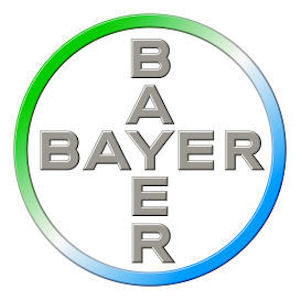 As PMP reported Jan. 6, the U.S. Environmental Protection Agency has announced a preliminary pollinator risk assessment for the neonicotinoid insecticide imidacloprid.
As PMP reported Jan. 6, the U.S. Environmental Protection Agency has announced a preliminary pollinator risk assessment for the neonicotinoid insecticide imidacloprid.
What follows is a Jan. 12 statement from Bayer CropScience, which is considered to be the primary manufacturer of imidacloprid, on the topic:
Neonicotinoids (“neonics”) have been widely adopted by growers because of their favorable human and environmental safety profile, especially when compared to the older products they replaced. Neonics are critically important to today’s integrated pest management programs, allowing pest management professionals, lawn care operators, golf course superintendents, and farmers to manage destructive pests, preserve beneficial insects and protect against insect resistance.
With hundreds of studies conducted and their demonstrated safe use around structures, on lawns, ornamentals, golf courses, and farmland across the country, we know more about the safe use of neonics around honey bees than any other pesticide. New studies continue to confirm their safety to bees and other pollinators when used appropriately.
We will review the EPA document, but at first glance it appears to overestimate the potential for harmful exposures in certain crops, such as citrus and cotton, while ignoring the important benefits these products provide and management practices to protect bees. We hope the final risk assessment is based on the best available science, as well as a proper understanding of modern pest management practices.
The National Pest Management Association (NPMA) issued its statement Jan. 7. At press time, responses from other manufacturers and organizations are pending.
Leave A Comment